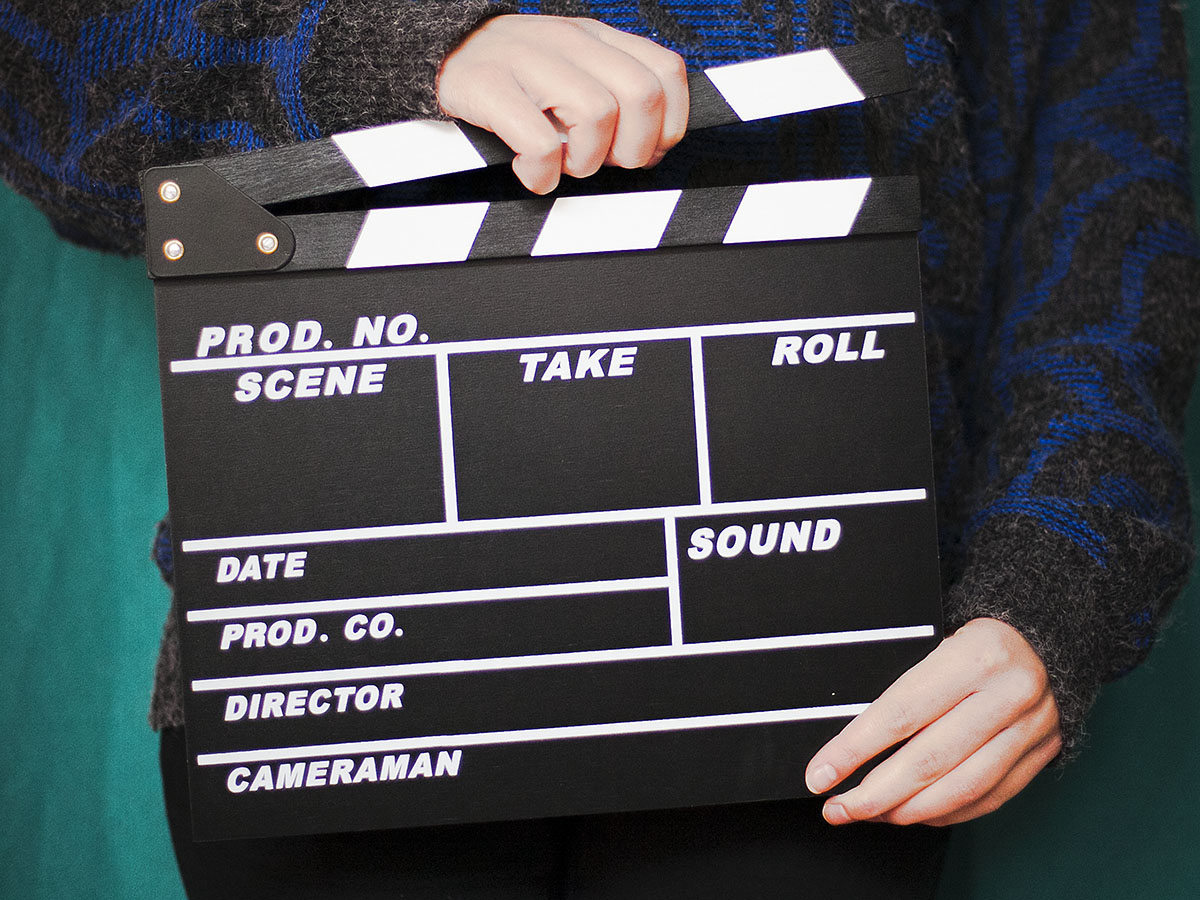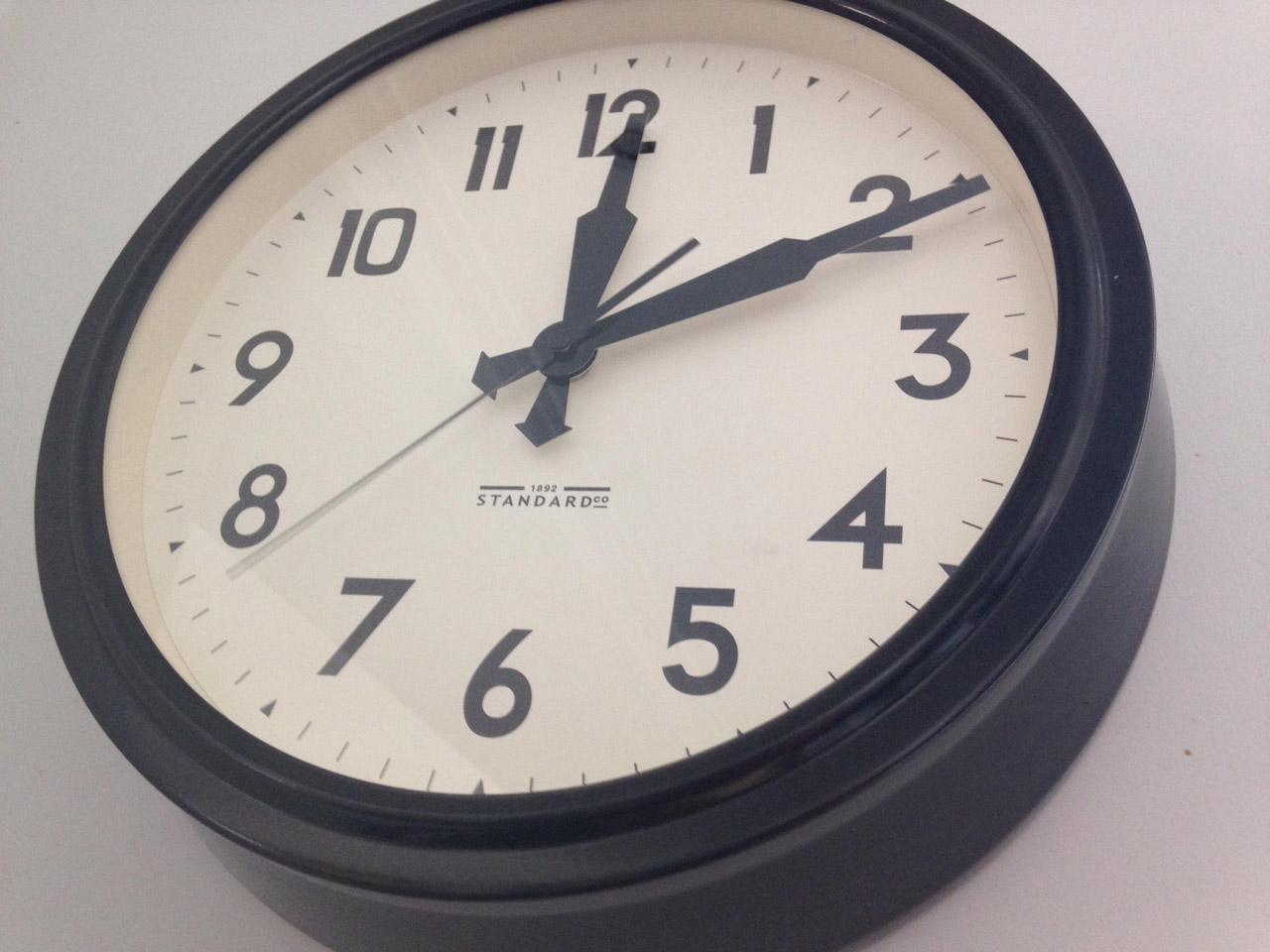SKINNY JEANS TOO SKINNY?
Scott Byars | June 12, 2016SMALL STEPS LEAD TO BIG LIFE CHANGES
I found myself in a bit of a funk a few months ago. We had just returned from a wonderful vacation and I couldn’t get back into my normal routine. My schedule was just…off. I had the feeling I had lost something important, but couldn’t remember what it was. Know what I mean? To compound my mental haze something was amiss physically as well. It wasn’t Montezuma’s revenge exactly – it was more like the petty anger of his second cousin, twice removed – but it was just enough to keep me off balance.
I gave a few half-ass attempts at solving the problems by pacing around my living room in circles trying to generate deep, meaningful thought. Unfortunately, the apathetic orbits would devolve as my computer acted as if it had its own gravity which was sucking me in to play video games. I could feel my anxiety growing as my well-being diminished. My avatar was conquering the world, yet I wasn’t doing much in the way of meeting my needs.
A few years back my modus operandi in this situation would have been to panic and/or kick myself in the teeth for being a slacker. Now I realize that when I have paralysis from over-analysis there is only one thing to do. Stop philosophizing and start doing. Action is the cure. Whenever I find myself in a funk the sure fire way to get out of it is to start making progress on the strategies that will meet my needs.

I begin by starting small. I commit to working on one strategy to meet one need. Then I gradually add more strategies for different needs until I cover all the bases and get my well-being swerve back. It works for getting you back on track… and if you are new to practicing a needs-based philosophy this process will put you on the right track.
To start, look at the needs list and pick one need. Yep, just one. Once people decide to act the main reason they fail is because they try to do too much, too fast. Give yourself permission to go slow. If you try to make too many changes all at once then you will likely become overwhelmed and stressed – which kinda defeats the whole purpose of increasing your well-being.
The problem stems from the tendency to think that our future selves will somehow acquire superpowers and be vastly different than our current selves. We imagine future “us” as having an abundance of time and unbounded energy to initiate major changes in our lives. While we do evolve and change it usually doesn’t happen overnight. So FYI, you’ll probably be the same “you” next week running around looking for time and energy to accomplish all the things you have set out for yourself – so take it easy on future “you.” Go slow. Concentrate on meeting one need… you can always add more later.
Once you have selected a need to focus on, then think of a strategy you could use that would be effective at meeting that need. Use a little willpower and get into a habit, even for just 10 minutes a day, of using that strategy to meet your need.

Let’s say I decide to focus on my need for safety. I believe that having multiple streams of income is a strategy to effectively meet that need. I’ll sleep a little better at night if in all of my post-apocalyptic nightmares my family, at the very least, is wistfully eating a proper final meal. So, I start by thinking of what is most important: providing for my family. Then I spend 10 minutes a day learning about different opportunities that can create income streams to meet that need. For example I research real estate income, investment income, or how to launch an internet business. I’m taking action and I feel better even if it’s only a few minutes each day.
The goal is to get the snowball rolling downhill. Start slow and small. We are trying to form lifelong habits centered on effective strategies to meet our needs. Initially this will take willpower, but in short order we can engage the autopilot by forming a habit and then use our willpower to work on our next need. Eventually we will encompass all of our needs and we’ll begin to feel a growing sense of peace and contentment. These feelings of well-being will in turn drive us to spend more time on the things in our life that matter most to us – our needs. And if you step back and think about it you’ll realize that this is our life’s work.
Eventually your day may look something like the following: You wake up and you’re excited about the opportunity to increase your well-being. You run through a checklist of your needs and the strategies you are using to meet them. Then you think about the small actions you can take during your day to move forward with the strategies.
Your strategy list may look something like this:
- Sustenance: Eat Paleo, exercise, learn about probiotics.
- Safety: Continue to learn a new skill at work to become more valuable to the company.
- Esteem: Cultivate self-gratitude. Think about something that went well today and feel grateful in your unique abilities that brought the event to fruition.
- Relax: Mediated 10 minutes.
- Connection: Spend time with your partner talking about meaningful or interesting events of the day.
- Autonomy: Make a decision on your own without consulting others.
- Meaning: Help a friend meet their needs. Or engage in a random act of kindness.
To make this work, it’s important to remember a couple of things. First, this is not a Thunderdome cage match replete with Tina Turner a cappella. It won’t kill you to make a mistake. Don’t feel bad if you forget to act upon your strategy for a day or two. You can’t guilt and shame your way to success. In fact, studies show that the people with the most critical self-critic – you know, the voice in your head that calls you an asshole after each misstep – have the least amount of willpower. Yes, the least amount. Your critic – although he means well – doesn’t give you an edge and keep you on top, just the opposite, he’s an anvil around your neck dragging you down. It’s empathy for ourselves that gives us the ability to stick with it when we stumble.
If we have empathy for ourselves we’ll realize that missteps are part of the human condition and not proof of our incompetence. Empathy allows us to realize that we are not defined by the strategies we use. Our success or failure in implementing these strategies is not a measure of our worth as humans. Viewed with empathy these foibles are not seen as a Master-blaster kill shot to our self-worth, but as an opportunity to re-commit ourselves or find new strategies that are more effective. We can move forward in the face of adversity and become more resilient and more adaptable.
Second, please remember there is no destination, no end we are trying to reach, and no nirvana. Even if we could have the perfect strategies to achieve our perfect well-being we would still have to act to maintain our bliss. We are not trying to make short term changes to reach a fixed goal. This isn’t a crash diet where we suffer for a while so we can fit into our skinny jeans. This is a lifestyle change. If we hate the process we won’t sustain. The trick is finding joy in the process. We do this by starting slowly and letting the gains to our well-being drive us forward. The upshot is we begin to find joy in our daily lives and stop holding out for some distant, idyllic future. The satisfaction is here, the joy is now. We reach it today by taking that first small step towards meeting our needs which leads to a lifestyle of well-being.
